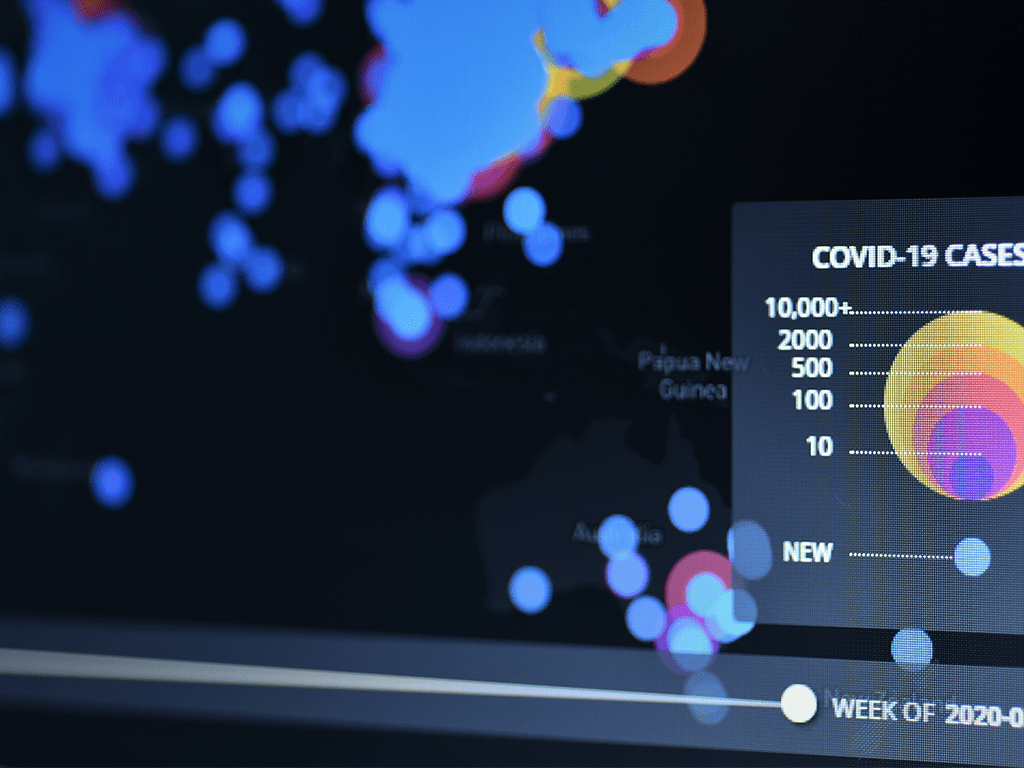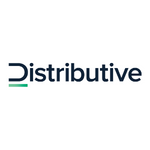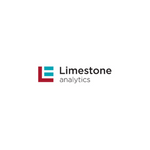
Looking Glass: Protecting Canadians in a Return to Community
Analytics to help inform decision making around the health and economic impact of COVID-19 policies.
Project Overview
Updated March 31, 2023.
The Problem
Restrictions such as physical distancing, closures of some businesses and self-isolation have been key tools in flattening the COVID-19 curve.
But these restrictions come with huge economic, social and mental costs for individuals, communities and businesses.
As schools, businesses and public spaces seek to reopen safely, there are no comprehensive sources for data-driven insight that municipalities, provincial health authorities or companies can use to forecast safe levels of interaction. While these sources exist in isolation, integration is missing, in short supply or contradictory – eroding the confidence of decision makers.
Moreover, current measures have no built-in feedback on their effectiveness. Given the unknowns about the virus, it’s tough to understand which measures will be most effective in flattening the COVID-19 curve.
How We Are Solving It
The Looking Glass project team is building a decision-support platform that uses predictive modelling to analyze policies and determine which can best protect Canadians in the new normal.
Looking Glass is led by Distributive in partnership with Queen’s University, Limestone Analytics, aiSight, Distributed Compute Labs, CENGN, Server Cloud Canada, the Dymond Group, AMPD, Krate Distributed Information Systems, Saskatchewan Polytechnic, the University of Saskatchewan, as well as municipalities in Ontario, B.C., Newfoundland and Saskatchewan.
Decision makers and their team members will be able to engage with an interactive map of Canada on the Looking Glass website. The map will be broken down by census region and linked to demographic, economic and COVID-19 case report data and analysis that is unique to their region. In addition, anonymized data will visualize people’s movement between municipalities.
When fully developed, the platform could be adapted to test and inform the rollout of public health campaigns such as vaccinations, the management of tick-borne diseases, as well as nutrition, education and climate change initiatives.
The Result
This project took on the challenge of developing a scenario-driven, decision support platform based on robust modelling through analyzing health restrictions during the COVID-19 pandemic to help determine decisions that would best protect Canadians. It was designed for government and industry to better inform public policy and practice, such as COVID-19 physical distancing measures and widespread testing, in the reopening of schools, businesses and return to daily life. This project resulted in the successful development of a user-friendly, web-based application for policy makers at all levels of government. Behind the application are two innovative predictive modelling tools that process large amounts of data through a one-of-a-kind distributed computing model.
Distributive cited the Looking Glass project and consortium to maximizing the project’s potential and commercial solutions that have been derived from it.
Project Lead
Project Partners
-

“We, Distributive, had a great experience with DIGITAL. It was well-worth the heavy lift of putting together a compelling project and capable consortium. However, nobody - not DIGITAL nor us - could have predicted the full potential of project Looking Glass and the commercial solutions that would derive from it. In fact, Distributive can trace much of its present day success back to DIGITAL.”
CEO & co-founder, Distributive -

“The Superclusters initiative demonstrates what we can do when we harness the collective strengths of industry, academia. and research. Queen’s is a key partner in helping to grow these companies and collaborations … and providing vital expertise that will help in our national efforts to combat COVID-19 through strength in digital technology.”
Vice President (Research), Queen's University Read the Whig Article




